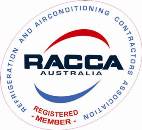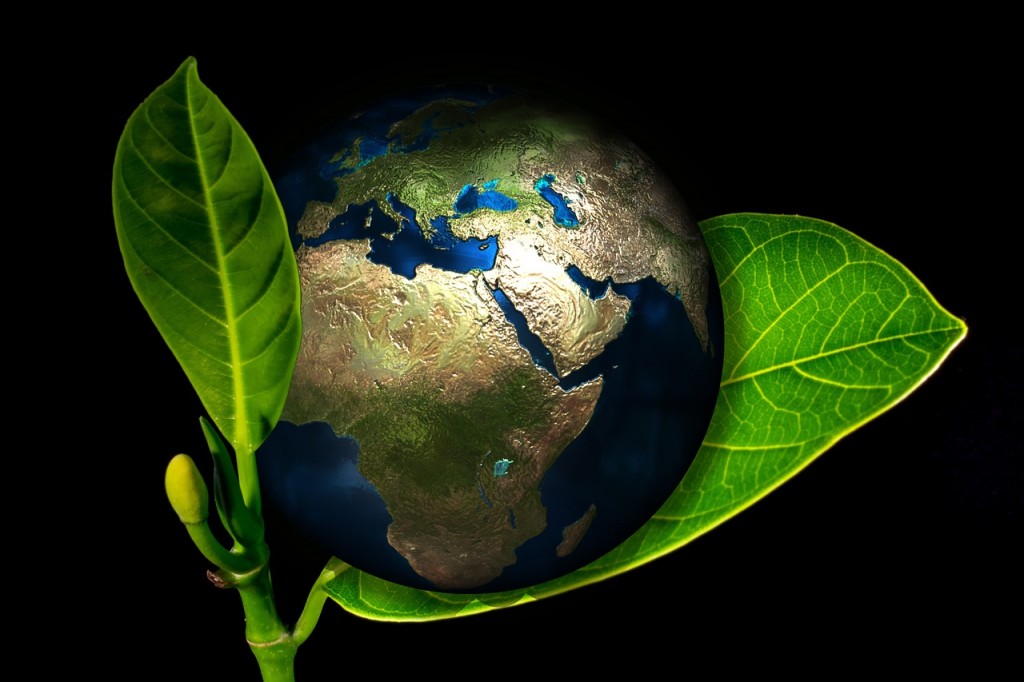In October, RACCA Australia published an article which confirmed that Australia was one of the first 10 parties to ratify the Kigali Amendment. Now 22 parties have ratified the Kigali Amendment, which means that it will officially come into force in 2019.
According to the SDG Knowledge Hub, the latest ratifications by Sweden and Trinidad & Tobago were announced days before the 11th Meeting of the Conference of the Parties to the Vienna Convention (COP11) and the 29th Meeting of the Parties to the Montreal Protocol (MOP29), which were held last week.
The Kigali Amendment is an amendment to the Montreal Protocol and outlines a schedule for developed and developing countries to reduce their HFC production and use. Developed countries will have to start reducing their HFC production and use from 2019, with developing countries to follow from 2024. The developing countries are split into two groups, with the second group (which includes India, Pakistan, Iran, Iraq and the Gulf States) to reduce their HFC production from 2028 and their use from 2032. The Kigali Amendment is legally binding for all 197 Parties to the Montreal Protocol.
In Australia, the phasedown of HFC imports under the Ozone Protection and Synthetic Greenhouse Gas Management Amendment Bill 2017, will commence from 2018 and reach an 85 percent reduction by 2036. This long phasedown period means that consumers can continue to use equipment with HFCs until the end of its useful life. There are already new technologies on the market which use fewer HFCs or different technologies altogether.
Overall the international reception to the Kigali Amendment has been positive. The EU praised the Amendment, while some African and Pacific Island nations, such as the Marshall Islands, wanted the Amendment to go further as they believed their nations are under the biggest threat from climate change, however they also acknowledged that it was a good deal for them. While then-U.S. President, Barack Obama, praised the Kigali Amendment, the U.S. is yet to ratify due to the change of Administration, especially with current U.S. President, Donald Trump, announcing his decision to withdraw the U.S. from the Paris Climate Accord earlier this year.
However Judith G. Garber from the U.S. State Department, provided a statement at MOP29 which supports the Kigali Amendment.
“The United States believes the Kigali Amendment represents a pragmatic and balanced approach to phasing down the production and consumption of HFCs, and therefore we support the goals and approach of the Amendment.”
The 20-party ratification threshold was passed on 17 November. The 22 parties which have ratified the Kigali Amendment are: Australia, Canada, Chile, Comoros, North Korea, Finland, Germany, Laos, Luxembourg, Malawi, Maldives, Mali, the Marshall Islands, the Federated States of Micronesia, Norway, Palau, Rwanda, Slovakia, Sweden, Trinidad & Tobago, Tuvalu and the UK. Malawi is the party who has most recently ratified the Amendment, doing so on 21 November.
Hydrocarbons21.com stated that the parties which don’t ratify the Amendment will be subjected to trade restrictions on HFCs.
More information on the Kigali Amendment can be found here.
Image via Pixabay.




